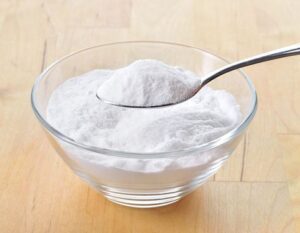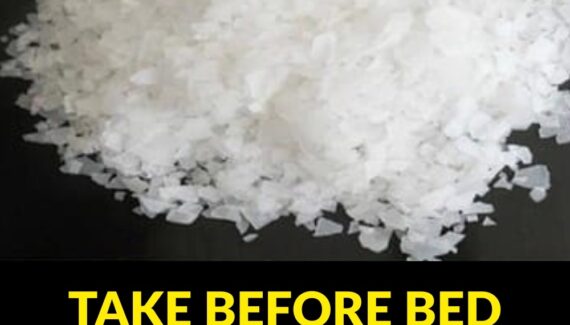
Baking soda, or sodium bicarbonate, is a common household item used in cooking, cleaning, and home remedies. However, despite its versatility, there are potential risks associated with its use that you should be aware of. Below is a closer look at the dangers of baking soda and tips on how to use it safely.
High Sodium Content: Baking soda is very high in sodium—just one teaspoon contains approximately 1,260 milligrams, which is more than half of the recommended daily limit of 2,300 milligrams for most adults. Excessive sodium intake can lead to high blood pressure and increase the risk of heart disease.
Risk of Alkalosis: Consuming too much baking soda can cause alkalosis, a condition where the body’s pH becomes too alkaline. Symptoms of alkalosis can include muscle weakness, spasms, or even convulsions.
Gastrointestinal Issues: Although baking soda is often used as an antacid to relieve indigestion, overuse can cause stomach upset and lead to further imbalances. While it may temporarily neutralize stomach acid, the body may respond by producing more acid, potentially worsening symptoms over time.










